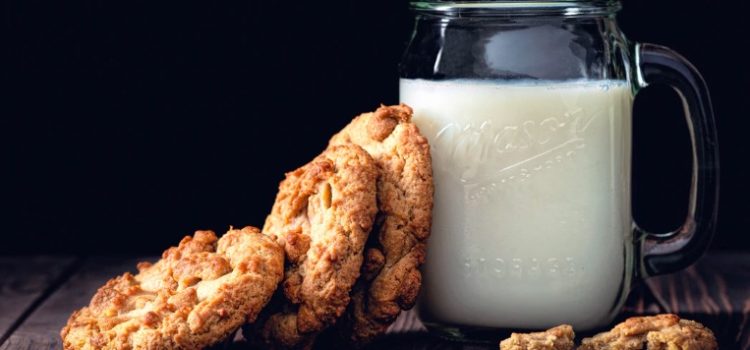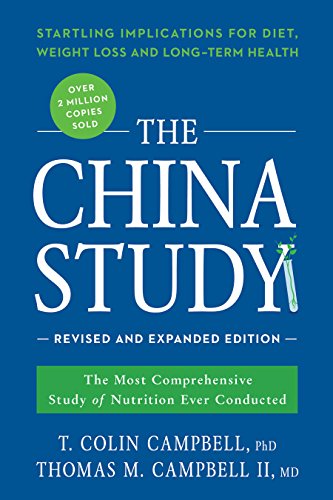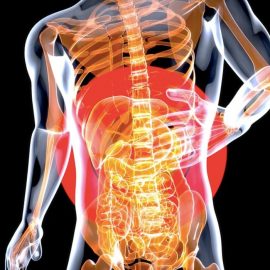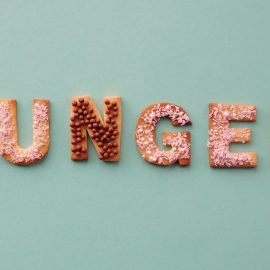

This article is an excerpt from the Shortform summary of "The China Study" by Colin Campbell. Shortform has the world's best summaries of books you should be reading.
Like this article? Sign up for a free trial here .
Milk has calcium, which makes it healthy, right? Calcium is essential for many processes in the body, but that doesn’t mean that everything that contains it is healthy. Is milk bad for you?
Some researchers say it is. We’ll cover the research on milk and health issues like cancer and osteoporosis.
The Truth About Milk
If milk is so bad, why haven’t you heard about it?
We live in a country that prioritizes the profits of a few over the health of all. The food and drug industries, the medical institution, the government, and universities all play their parts in conducting research and setting dietary guidelines that maintain the status quo. It’s not that everyone in the American health system is corrupt—industries, understandably, have a product to sell, government workers have elections to win, doctors lack training in nutrition, and well-intentioned journalists and health organizations spread bad information. But the problem is systemic, and it puts the lives of Americans at risk. When the multibillion-dollar dairy industry writes the nutrition curricula most schools (including medical schools) use and conducts many of the studies confirming milk’s health benefits, we should be at least a little skeptical of what we hear about milk.
The China Study, written by T. Colin Campbell and Thomas M. Campbell, challenges the status quo and presents you with groundbreaking findings and practical advice that may make you rethink the way you eat.
The Confusion Surrounding Diet
Is milk bad for you? What about gluten? Why do we hear such conflicting messages about diet and nutrition?
Problem #1: The goal of the “health” industry is to make a profit, not to make us healthy
Part of the problem is that genuine, useful research is buried beneath fad diets, miracle pills, and marketing propaganda. The people and companies who give us health advice are often also the ones who profit from our diseases.
Problem #2: We don’t know how confused we really are
Another part of the problem is that even though we’re confused, we all think we know a lot about health. There’s no way milk could be bad! But much of this “knowledge” is actually myth. For instance:
- Synthetic chemicals are not the primary cause of cancer.
- Your genes are not the most important factor in determining whether you’ll die of the ten leading causes of death.
- Vitamin and mineral supplements do not protect you from disease.
- Your doctor knows little about nutrition and likely doesn’t know how to help you be the healthiest you can be.
- Animal proteins, including low-fat milk and lean meats, are not healthy for you. In fact, they’re linked to numerous diseases (outlined in this book).
What Does the Research Say?
What’s the science on if milk is bad for you? The Campbells, who are doctors and researchers, are two of hundreds of researchers who have come to the conclusion that milk is bad for you.
The idea that our favorite meat- and dairy-rich meals could be making us sick is a hard truth to face. The authors acknowledge that their findings are provocative. But they also insist that these findings are not the mere product of personal opinion. The book’s tenets are based on over 800 rigorous, peer-reviewed studies from around the world. Some of their findings include:
- Diet alone can reverse heart disease, and reducing the amount of animal protein you eat is more important than reducing the amount of saturated fat.
- Eating dairy greatly affects our cancer risk.
- Type 1 diabetes is linked to the type of milk a child is fed as an infant.
- Type 2 diabetes patients who change their diets can stop taking medication.
Ultimately, diet is the most powerful medicine in the prevention and reversal of disease. Unfortunately for milk-lovers, milk does not make the cut in a healthy diet.
Not Convinced?
Are you still wondering, Is milk bad for you? Really? Consider these statistics:
- Milk increases acid in the body, increasing your risk of osteoporosis.
- Drinking milk increases the growth hormone IGF-1 and blocks your production of vitamin D, increasing your risk for prostate cancer.
- Multiple studies have found that infants weaned early and fed formula with cow’s milk have a 50-60% higher risk of developing Type 1 diabetes.
- Casein, the primary protein in milk, has been shown to increase carcinogen levels in cells.
Is milk bad for you? There’s certainly reason for concern. Try an alternative, plant-based milk instead.
———End of Preview———

Like what you just read? Read the rest of the world's best summary of "The China Study" at Shortform . Learn the book's critical concepts in 20 minutes or less .
Here's what you'll find in our full The China Study summary :
- Why animal proteins (meat, milk) might cause cancer, diabetes, and other diseases
- Why the medical institution is structured to hide the truth about disease and food
- The precise diet you'll need to eat to live longer and feel happier






